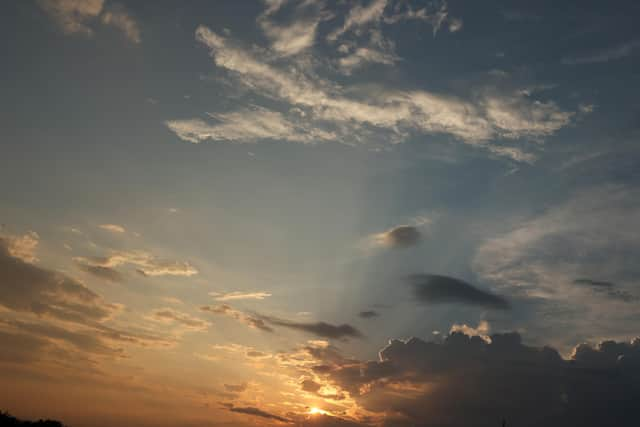Winter Solstice 2022: When will the evenings get brighter and how much daylight will Sunderland see after the shortest day?
and live on Freeview channel 276
But why are the days celebrated, what do they symbolise, and what does it mean for Sunderland? Here’s everything you need to know ...
What is the winter solstice?
Also known as the December solstice, hiemal solstice or hibernal solstice, it is the name given to the day when the earth reaches its maximum tilt away from the sun. This results in the day with the least amount of sunlight in the northern hemisphere. In a nutshell it’s the shortest day of the year.


When is the winter solstice this year?
Advertisement
Hide AdAdvertisement
Hide AdThe northern hemisphere will see the shortest day of the year on Wednesday, December 21, this year. The day remains the same each year, with the exception of leap years when it falls on December 22.
When will the evenings start to get lighter?
The winter solstice will mean the UK will see more daylight from Thursday, December 22, into the New Year and throughout the Spring. The season begins at 1am on Sunday, March 26, when clocks go forward to give the country more daylight in the evenings. The clocks will then go back again in the early hours of Sunday, October 30.
How long will the day be in Sunderland this winter solstice?
In total, Sunderland will see seven hours and 11 minutes of true daylight on December 21 with an additional hour and a half of civil twilight, which is considered to be the period before sunrise and after sunset when some sunlight still remains in the sky. Civil daylight is due to begin at 7:42am with any sunlight set to be lost again by 4:24pm that evening. True daylight is expected between 8:28am and 3:39pm.
Sunrise and sunset times change depending on where in the country you are based, with more southern areas getting more daylight and longer days than their northern counterparts. This is reversed during the summer solstice, when us northerners get the longer periods of daylight.
